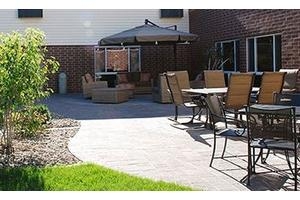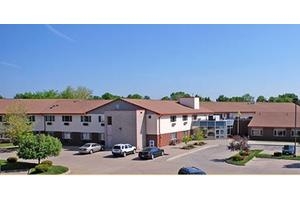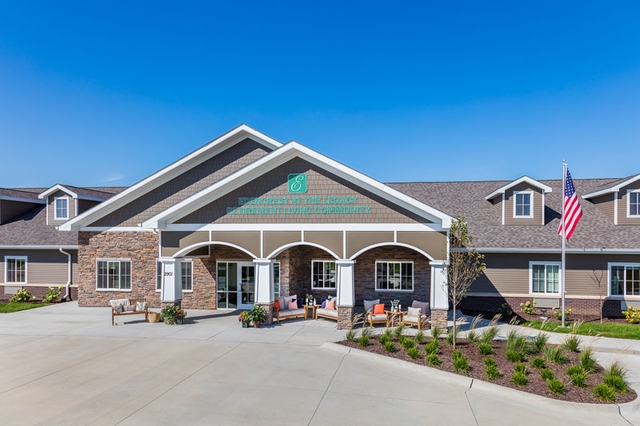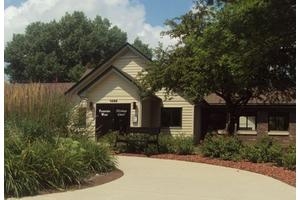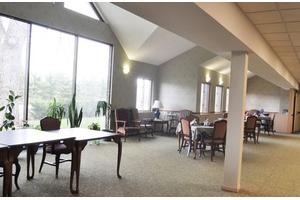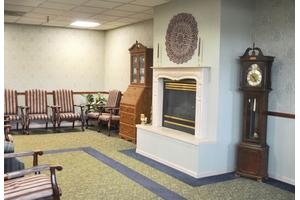In Iowa, individuals who are qualified to receive Supplemental Security Income (SSI) benefits are automatically eligible for Medicaid. Those aged 65 and older who don’t qualify for SSI must be approved by the Iowa Department of Human Services.
All Medicaid applicants must:
- Be at least 65 years of age, or
- Be blind or meet Medicaid’s permanent disability criteria, and
- Meet current income and asset limits that are adjusted on an annual basis
As of 2023, single applicants can earn a maximum pre-tax annual income of $32,904 and have no more than $2,000 in countable assets. Couples who are both applying may earn up to $65,808 combined and have up to $3,000 in assets. If only one spouse applies, the maximum income remains the same, and the applicant can have $2,000 in assets. The non-applicant may be entitled to a portion of the applicant’s income as a minimum monthly maintenance needs allowance. They may also be able to keep up to $148,620 in jointly owned assets.
